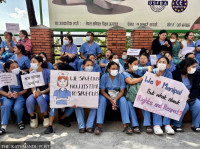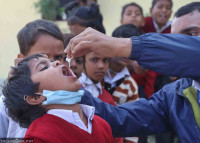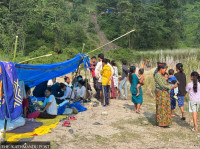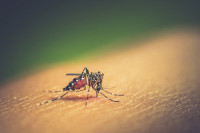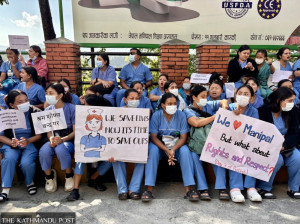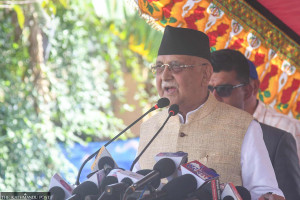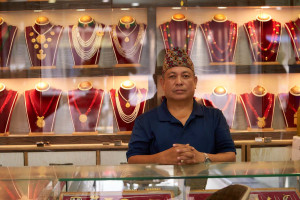Health
New guidelines allow clinical trials of vaccines but experts fear red-tapism
Nepal Health Research Council, the body responsible for giving approval for research on drugs, was not consulted.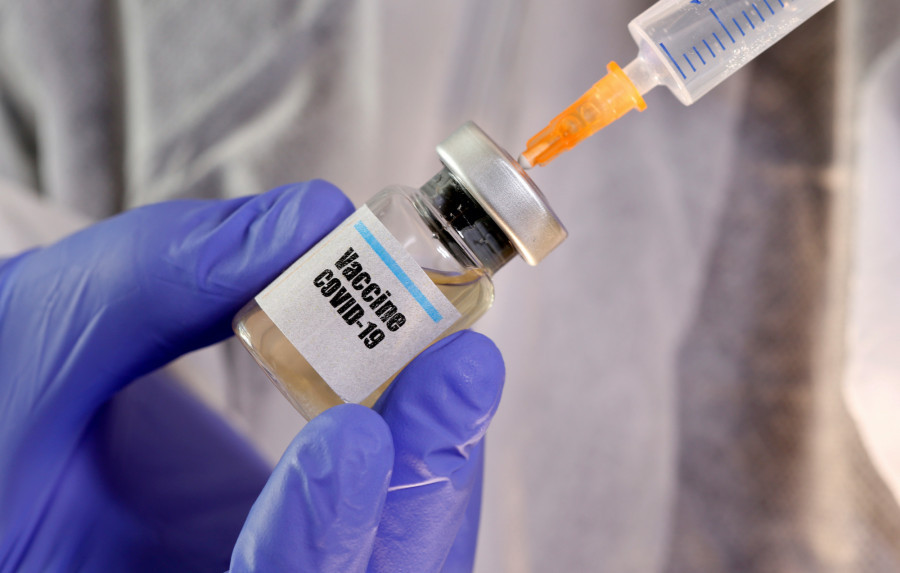
Prithvi Man Shrestha
The government can impose conditions on foreign companies for conducting clinical trials of their vaccines in Nepal as per the Vaccine Clinical Trial Guidelines approved by the Cabinet on June 21.
The government came up with the guidelines nearly eight months after it amended the Drugs Act-1978 through an ordinance to pave the way for clinical trials of vaccines, especially in the context of the Covid-19 pandemic.
Clinical trial is the process of testing the effectiveness of a new drug or a vaccine on a large number of people with the informed consent of the persons participating in the trial.
“As per the guidelines, the government can set pre-conditions for the pharmaceutical companies such as they should give Nepal priority access to the vaccine over other countries once it is available for distribution and provide free vaccines for certain populations among other things,” said Pradeep Gyanwali, executive chief of Nepal Health Research Council.
“A protocol will also be developed detailing the rights of the participants in vaccine trials such as the right to withdraw from the trial voluntarily, insurance coverage and compensation for any adverse effect or injury to the participants.”
The protocol should state the aim of the trial and the procedures to be followed, the reasons for performing it on humans, the nature and degree of any known risks, the groups from which the trial participants are to be selected, and the means for ensuring that the participants are adequately informed before they give their consent.
The protocol may also serve as a contract between the government and the vaccine developer company and incorporates issues related to financing, insurance, liability delegation or distribution of responsibilities, according to the National Guidelines on Clinical Trials with the use of Pharmaceuticals Products – 2005.
Even though the Drugs Act-1978 had a provision regarding clinical trials of drugs, it did not specify vaccine trials.
“As there was no provision of trial of vaccine in the law, the ordinance was introduced last year to amend the law,” said Bharat Bhattarai, director general at the Department of Drug Administration.
As per the Vaccine Clinical Trial Guidelines, a company or organisation wishing to conduct a clinical trial of a vaccine in Nepal will have to apply at the Nepal Health Research Council, an autonomous health research body of the government, in a prescribed format.
After an application is received, internal and external review is conducted, feedback is sought and a proposal is sent to the Ethical Review Board which can decline or approve the application.
If approved by the board, the application is forwarded to the Health Ministry, which will take it to the Cabinet for approval.
If the Cabinet approves the application, the company concerned should acquire a licence from the Department of Drug Administration to conduct the trial.
No clinical trial for any Covid-19 vaccine has been conducted in Nepal so far.
“We had received an application for conducting a clinical trial of a Covid-19 vaccine from an Australian company through the International Vaccine Institute,” said Gyanwali. “But, it gave up its plan to conduct trial in Nepal after it got enough participants in other countries for the trial.”
The International Vaccine Institute is a nonprofit organisation established in 1997 as an initiative of the United Nations Development Programme. According to Gyanwali, the proposal was submitted to the council through COVAX, the international Covid-19 vaccine-sharing scheme backed by the United Nations.
Even though the new guidelines pave the way for conducting clinical trials of vaccines in Nepal, officials at the council say that the provision requiring cabinet approval for every clinical trial would create hurdles in the process due to possible red-tapism.
“For the trial of a drug, an approval from the council and a license from the Department of Drug Administration would be enough,” said Gyanwali. Even though the government amended the law through an ordinance to pave the way for clinical trials of vaccines, it was done without consulting the council, two officials of the council said.
“The council is responsible for giving approval for research on drugs and clinical trials are also a part of the research. But, the government has considered clinical trials as different and introduced new provisions, which will delay the approval process,” said Gyanwali. “In times of crisis like the Covid-19 pandemic, prolonging the approval process is not a wise decision.”




 17.12°C Kathmandu
17.12°C Kathmandu
